Thérèse Casgrain National Historic Person (1896-1981)
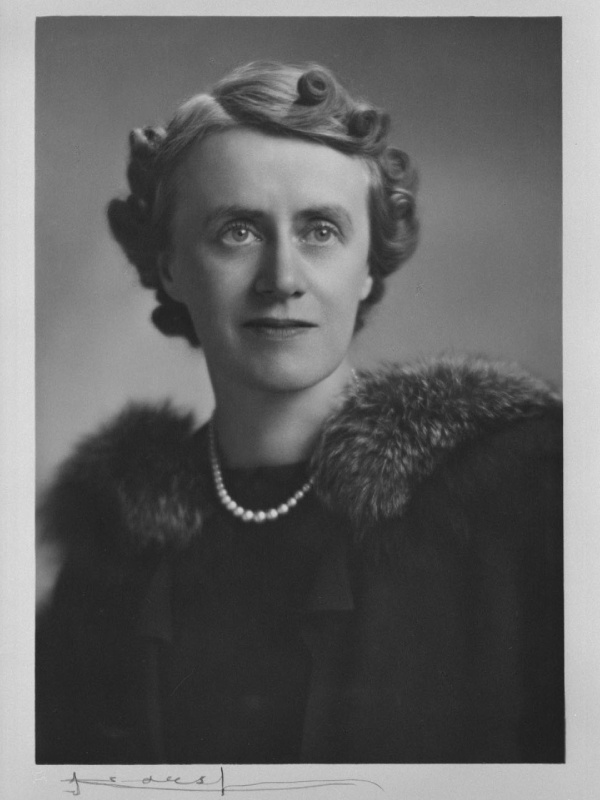
© Yousuf Karsh/Library and Archives Canada/PA-178177
Thérèse Casgrain was designated a national historic person in 2022.
Historical importance: Reformer, women's rights activist and politician.
Commemorative plaque: no plaque installedFootnote 1
Thérèse Casgrain (1896-1981)
Beginning in 1922, Thérèse Casgrain served as a prominent member of the Provincial Franchise Committee, which in 1928 became the Ligue des droits de la femme. Casgrain was the president of this organisation from 1928 to 1942, during which time she played a pivotal role in the fight that ultimately led to women’s right to vote in provincial elections in 1940. A true pioneer of the Quebec feminist movement, she was instrumental in fighting for the advancement of women from 1922 to 1966 and, as a founder of the Fédération des femmes du Québec in 1966, she helped to breathe new life into the Quebec and Canadian feminist movement. She became a source of inspiration for Francophone women outside Quebec and supported the demands of Indigenous women against the Indian Act. She also embraced many other causes, including peace and security in the world. A great humanist, she fought for social justice and civil liberties through her active involvement in politics with the Co-operative Commonwealth Federation from 1946 to 1963 and her participation in the League for Human Rights from 1963 to 1970.
Thérèse Casgrain, née Forget, was born in 1896 in Montréal, into a wealthy French-Canadian Catholic family and married Pierre-François Casgrain, a lawyer and politician, in 1916. She was a founding member of the Provincial Franchise Committee in 1922 and from that point on, she played an important role in the campaign for women’s suffrage. Under her leadership, the organization, under its new name of the Ligue des droits de la femme [League for Women’s Rights], advocated for women’s right to vote in Quebec along with other social and legal reforms. In 1940, under pressure from Casgrain and other feminist activists, the Quebec Liberal government led by Adélard Godbout, passed a bill giving women the right to vote.
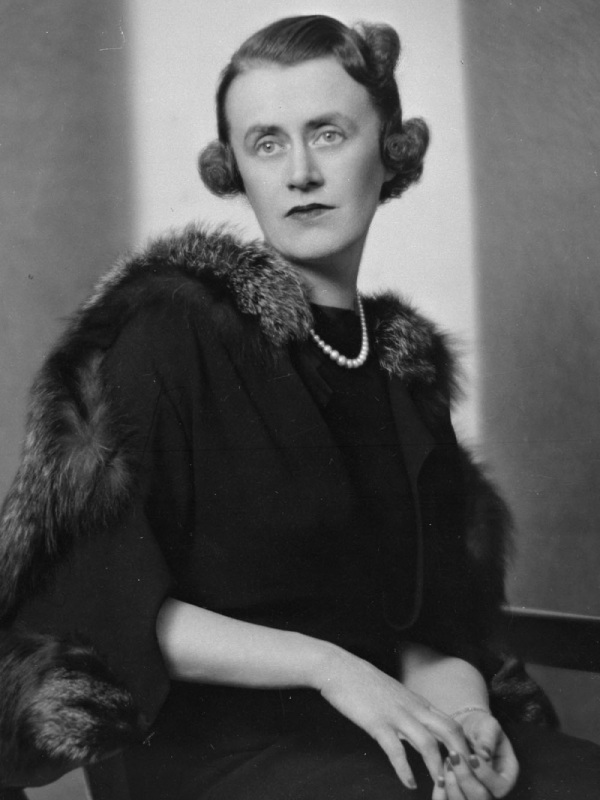
© George Nakash/Library and Archives Canada/PA-123482
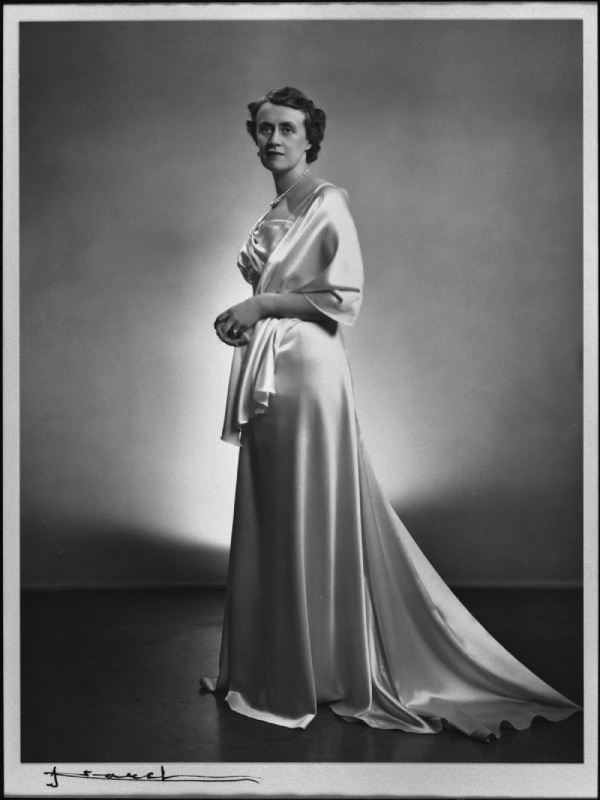
© Yousuf Karsh/Library and Archives Canada/PA-178193
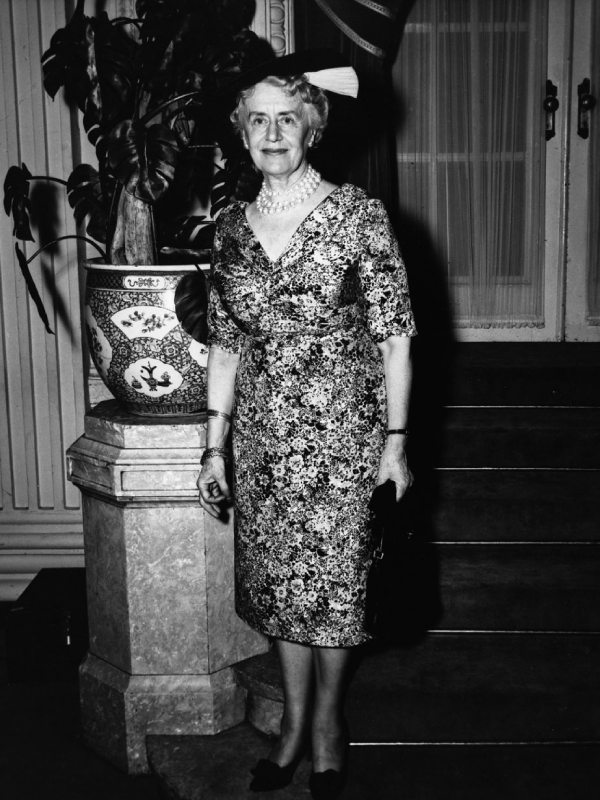
© Library and Archives Canada/PA-178170
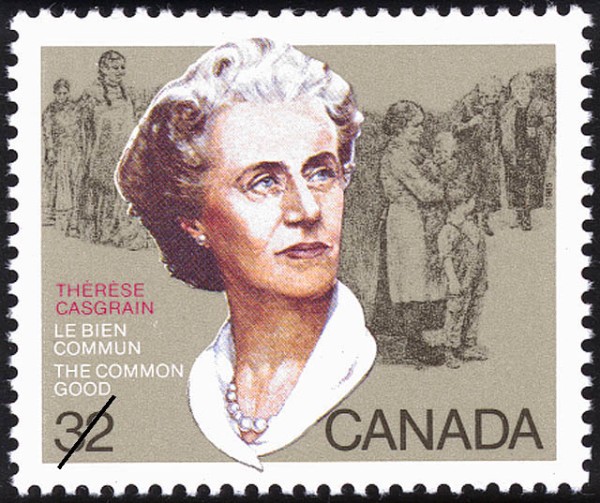
© Library and Archives Canada, Copyright: Canada Post Corporation
In 1946, she joined the Co-operative Commonwealth Federation (CCF), now the New Democratic Party, because, according to her memoirs, she “had long seen how badly Canada needed a political policy centred upon the common good rather than on the promotion of personal interests.” From 1951 to 1957, she led the Quebec wing of the party, becoming the first woman to head a political party in Canada. During her political career, she fought against social, economic and political injustices affecting men and women in the areas of employment, health, education, and housing.
In the 1960s, she served in leadership roles on numerous committees and associations, including president of the League for Human Rights, the Quebec branch of the Voice of Women, the Quebec Medical Aid to Vietnam Committee, and the French section of the Canadian Adult Education Association. She was also vice-president of the Consultative Committee on the Administration of Justice in Quebec and president of the Canadian Consumers Association for Quebec. In 1966, she helped establish the Fédération des femmes du Québec [Quebec Federation of Women], which sought to coordinate the efforts of various women’s organizations across the province. Thérèse Casgrain died in Montréal on November 2, 1981.
This press backgrounder was prepared at the time of the Ministerial announcement in 2022.
The National Program of Historical Commemoration relies on the participation of Canadians in the identification of places, events and persons of national historic significance. Any member of the public can nominate a topic for consideration by the Historic Sites and Monuments Board of Canada.
- Date modified :